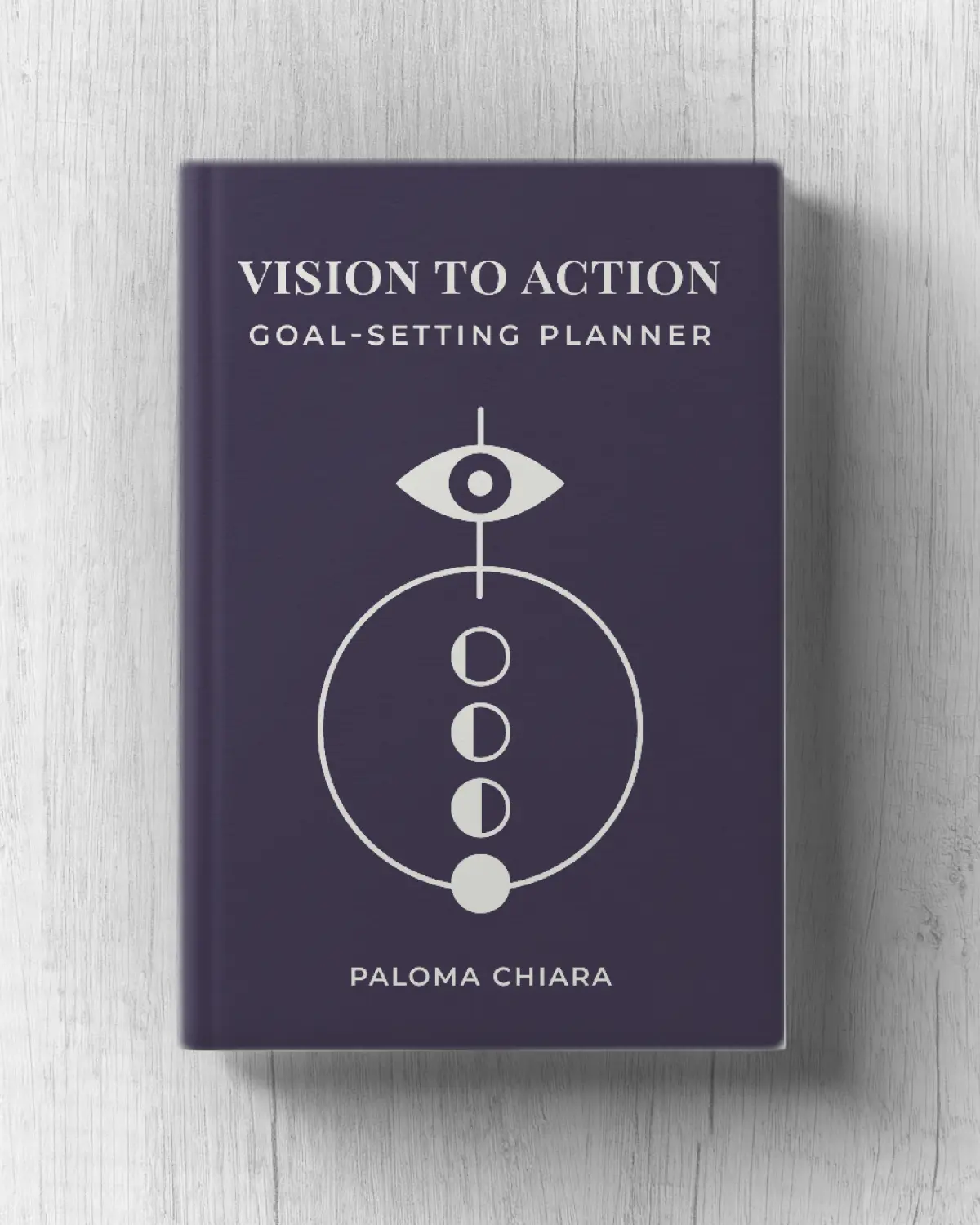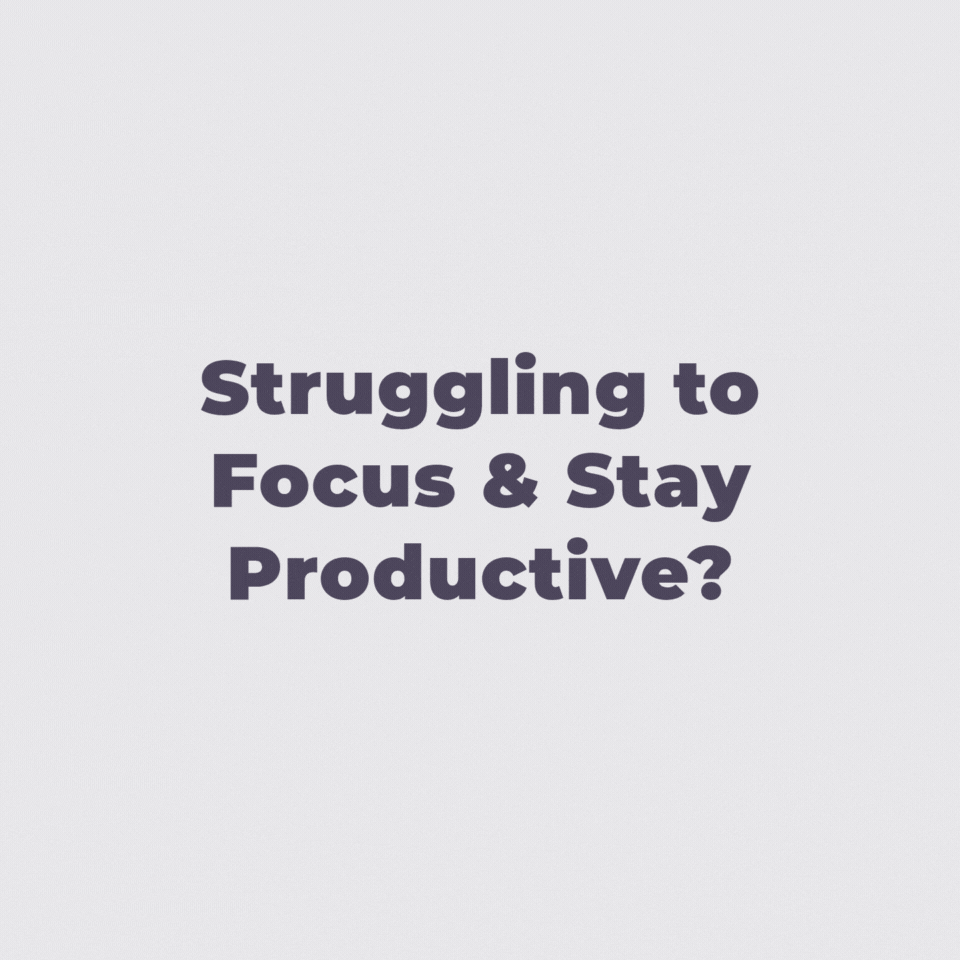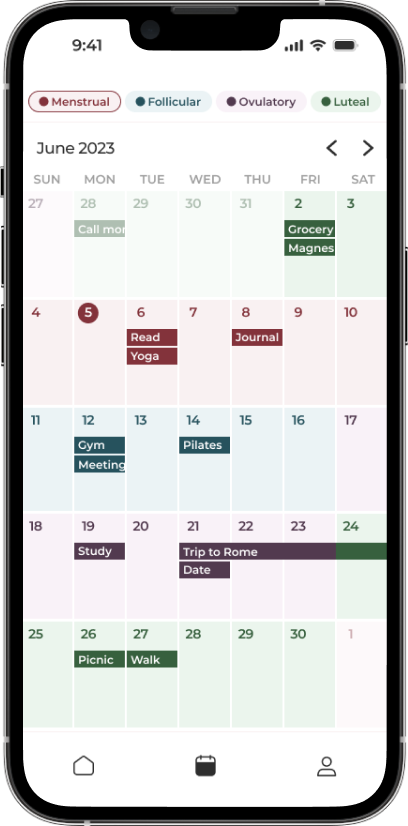Can a Life Coach Help with Depression?

Depression is a pervasive mental health condition that affects millions of people worldwide, leading to feelings of sadness, hopelessness, and a loss of interest in life. While traditional approaches to depression management often involve therapy and medication, there is growing interest in alternative methods such as life coaching. In this article, we will explore the various types of depression, the tools a life coach can provide, and the importance of seeking professional therapy for serious cases of depression.
The Many Faces of Depression
Depression is not a one-size-fits-all condition; it presents itself in various forms, each with its unique characteristics and challenges. Understanding the different types of depression is essential when considering the role of a life coach in managing this condition. Here are some common types of depression:
1. Major Depressive Disorder (MDD)
Major Depressive Disorder, often referred to as clinical depression, is characterized by persistent and severe feelings of sadness, worthlessness, and a loss of interest or pleasure in activities. Individuals with MDD may experience physical symptoms such as changes in appetite and sleep patterns, fatigue, and difficulty concentrating.

Check out the Vision to Action Planner for only 6$
More info2. Persistent Depressive Disorder (PDD)
Also known as dysthymia, Persistent Depressive Disorder is a chronic form of depression that lasts for two years or longer. While the symptoms of PDD may not be as severe as those of MDD, they persist over an extended period, making it challenging for individuals to experience a sense of well-being.
3. Bipolar Disorder
Bipolar Disorder involves episodes of extreme mood swings, including periods of intense depression (known as depressive episodes) and periods of elevated mood or mania. These mood swings can severely impact an individual’s daily life and functioning.
4. Seasonal Affective Disorder (SAD)
Seasonal Affective Disorder is a type of depression that occurs seasonally, often during the fall and winter months when there is less natural sunlight. It is characterized by symptoms such as low energy, oversleeping, and weight gain.
5. Postpartum Depression
Postpartum Depression occurs in some women after giving birth and is characterized by intense feelings of sadness, exhaustion, and difficulty bonding with the baby. It can be a severe and debilitating condition that requires treatment.
6. Situational or Reactive Depression
Situational or Reactive Depression is a response to a specific life event or stressor, such as the loss of a loved one, job loss, or a relationship breakup. While it may be a natural response to difficult circumstances, it can still benefit from support and treatment.
The Role of a Life Coach in Managing Depression
Life coaches can play a valuable role in helping individuals manage depression by providing tools, support, and strategies tailored to their unique circumstances. It’s important to note that life coaching is not a substitute for professional therapy, especially in cases of severe depression or clinical diagnoses. However, for those with milder forms of depression or those seeking complementary approaches, life coaching can offer valuable support. Here are some ways in which life coaches can assist clients dealing with depression:
1. Setting Realistic Goals
Life coaches help clients set achievable and realistic goals related to their depression management. These goals can encompass various aspects of life, such as daily routines, relationships, and personal growth. Setting clear objectives provides clients with a sense of purpose and motivation.
2. Identifying Triggers
Understanding the triggers that worsen depression symptoms is essential. Life coaches work with clients to identify specific situations, thought patterns, or behaviors that contribute to their depression. Once these triggers are recognized, clients can develop strategies to manage or avoid them.
3. Developing Coping Strategies
Life coaches teach clients effective coping strategies to deal with depressive symptoms when they arise. These strategies may include mindfulness techniques, grounding exercises, and relaxation practices that help individuals regain a sense of control over their emotions.
4. Enhancing Self-Care
Self-care is crucial for managing depression. Life coaches guide clients in creating personalized self-care routines that prioritize physical and emotional well-being. This may involve adopting healthier habits, including regular exercise, balanced nutrition, and quality sleep.
5. Building Resilience
Resilience is the ability to bounce back from adversity, and it’s a valuable skill for individuals with depression. Life coaches help clients develop resilience by fostering a growth mindset and teaching them how to adapt to life’s challenges effectively.
6. Accountability and Progress Tracking
Life coaches provide accountability and support for clients as they work toward managing their depression. Regular check-ins and progress assessments help clients stay committed to their goals and make necessary adjustments to their strategies.
Quiz: What Is Blocking Your Success?
This quick quiz will help you figure out which mental or behavioral pattern might be holding you back from achieving your full potential. Identifying your specific success blocker is the first step toward breaking through to new levels of achievement and fulfillment.
Read each question and choose the answer that feels most true to your situation.
No email or payment is required to complete the quiz and receive your personalized insights.
Once you have your primary success blocker, you have clarity about what’s been holding you back. This awareness is powerful—many people spend years struggling without understanding the specific pattern that’s limiting their progress.
Remember, these patterns aren’t permanent character traits but rather habitual ways of thinking and behaving that can be changed with the right guidance and practice.
If you’re ready to break through your specific blocker and achieve the success you know you’re capable of, send me an email to try out a coaching session. Your breakthrough awaits!
Tailoring Coaching to Specific Types of Depression
Different types of depression may require tailored coaching approaches. Here’s how life coaches can adapt their coaching methods to address various forms of depression:
For Major Depressive Disorder (MDD)
Life coaches can assist clients with MDD by helping them create daily routines and structured schedules to combat the lethargy and lack of motivation often associated with this type of depression. Coaches can also work on identifying negative thought patterns and challenging them with more positive and rational thinking.
For Persistent Depressive Disorder (PDD)
Coaching for PDD may involve long-term support, focusing on incremental changes and the development of resilience over time. Life coaches can help clients set small achievable goals to gradually improve their overall well-being.
For Bipolar Disorder
Coaching for bipolar disorder may involve mood tracking and emotional regulation strategies. Life coaches can work with clients to develop coping mechanisms for both depressive and manic episodes and provide support during mood swings.
For Seasonal Affective Disorder (SAD)
Coaching for SAD may involve strategies to combat the seasonal downturn in mood. Life coaches can help clients create a plan for staying active, engaged, and connected during the darker months of the year.
For Postpartum Depression
Life coaches can offer emotional support and coping strategies to women experiencing postpartum depression. Coaches can also help new mothers create a support network and prioritize self-care amidst the demands of parenthood.
For Situational or Reactive Depression
Coaching for situational depression may focus on processing emotions related to specific life events and developing strategies to cope with grief, loss, or stress. Life coaches can provide a safe and supportive space for clients to explore their feelings and move forward.
The Complementary Role of Life Coaching
It’s important to emphasize that life coaching is not a replacement for professional therapy, especially in cases of severe depression or clinical diagnoses. For individuals experiencing severe depression or those with a clinical diagnosis, seeking the guidance of a licensed mental health professional is crucial. However, life coaching can complement traditional therapy and medication in several ways:
1. Bridging the Gap
Life coaches can provide ongoing support and accountability between therapy sessions, helping clients implement therapeutic strategies in their daily lives. This bridge can be especially valuable when clients are waiting for therapy appointments or are in the process of transitioning from therapy.
2. Fostering Independence
Life coaching empowers clients to take an active role in managing their depression. Coaches equip clients with practical tools and strategies they can use independently, allowing them to regain a sense of control over their condition.
3. Providing Holistic Perspective
Life coaches take a holistic approach to well-being, considering various aspects of a client’s life, such as career, relationships, and personal goals. This broader perspective can complement the more focused nature of therapy and medication.
4. Encouraging Continued Growth
Life coaches encourage clients to continue their journey of personal development even after making significant progress in managing depression. This forward-looking approach helps clients build resilience, adaptability, and a positive outlook on their future.
In conclusion, while life coaching can be a valuable support for individuals dealing with depression, it is essential to recognize its limitations. Life coaching is most effective for mild to moderate forms of depression and as a complementary approach to traditional therapy and medication. For serious cases of depression or clinical diagnoses, seeking the expertise of a licensed therapist or psychiatrist is imperative. Depression is a complex and multifaceted condition, and addressing it often requires a comprehensive and collaborative approach involving mental health professionals, medical practitioners, and supportive individuals such as life coaches.
Still waiting for the 'perfect time'?
Email me what you'd do if you stopped making excuses. We'll work backwards from there.
Let's startRecent posts
-
The Complete Guide to Becoming a High Achiever
Read blog -
How To Make a Positive Impact in Your Community
Read blog -
What Is the “Winter Arc” Challenge?
Read blog -
What Is "the Great Lock-In" and Should You Try It?
Read blog -
What Are the 75 Hard and Soft Challenges?
Read blog -
How to Validate Yourself
Read blog

The App Made To Sync Your Lifestyle to Your Menstrual Cycle.
A solution for women who are looking to keep track of what they sync to their cycles, such as fitness, diet, etc. by adding it to a calendar that also predict their phases.
Learn more





Comment